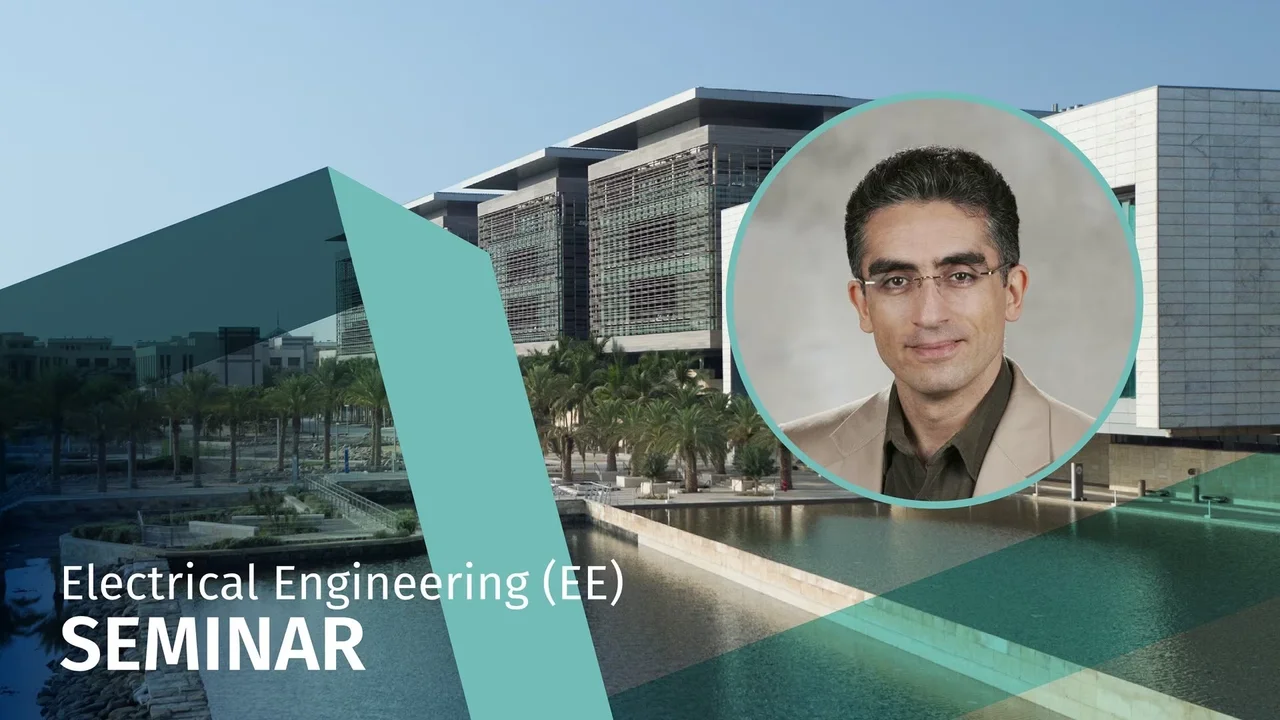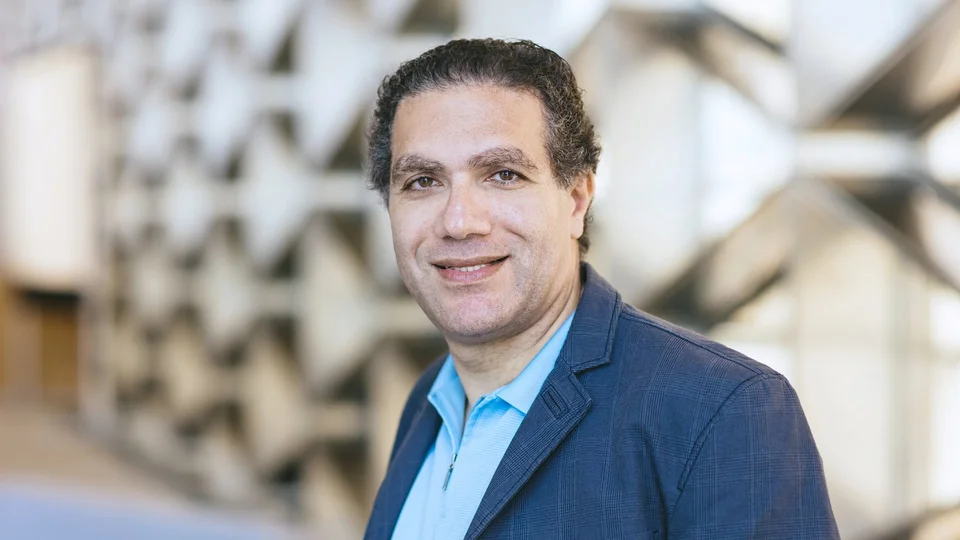
Implantable and Wearable Microelectronic Devices to Improve Quality of Life for People with Disabilities
Implantable medical devices (IMD) and neuroprostheses are finding applications in new therapies thanks to advancements in microelectronics, sensors, RF communications, and medicine, which have resulted in embedding more functions in IMDs that occupy smaller spaces down to millimeters and consume less power, while offering therapies for more complex diseases and disabilities. I will address the latest developments in key building blocks for state-of-the-art IMDs.
Overview
Refreshments: Light Refreshments will be provided.
Abstract
Implantable medical devices (IMD) and neuroprostheses are finding applications in new therapies thanks to advancements in microelectronics, sensors, RF communications, and medicine, which have resulted in embedding more functions in IMDs that occupy smaller spaces down to millimeters and consume less power, while offering therapies for more complex diseases and disabilities. I will address the latest developments in key building blocks for state-of-the-art IMDs. IMDs have been approved for vision and are being considered for brain-computer interfacing (BCI) to enable individuals with severe physical disabilities to control their environments, particularly by accessing computers. Implantable BCIs, however, are highly invasive and should be used when there are no less invasive alternatives that would offer similar benefits. They can also be utilized as advanced tools for neuroscience research on freely behaving animal subjects. I will talk about a smart cage, which can wirelessly power, communicate with, and track sensors implanted in or attached to small freely behaving animals. At the same time, novel minimally-invasive methods are being explored for individuals with severe paralysis to make the best use of their remaining abilities to control their environments. An example of such technologies is a wireless and wearable brain-tongue-computer interface (BTCI), also known as the Tongue Drive System (TDS), which enables individuals with tetraplegia to control their environments using their voluntary tongue motion. A variation of this technology is also under development, which can be used for speech therapy.
Brief Biography
Maysam Ghovanloo (F’19) received the B.S. degree in electrical engineering from the University of Tehran in 1994, and the M.S. degree in biomedical engineering from the Amirkabir University of Technology, Tehran, Iran in 1997. He also received the M.S. and Ph.D. degrees in electrical engineering from the University of Michigan, Ann Arbor, in 2003 and 2004, respectively. From 2004 to 2007 Dr. Ghovanloo was an Assistant Professor in the Department of ECE at the North Carolina State University, Raleigh, NC. Since 2007 he has been with the Georgia Tech’s School of Electrical and Computer Engineering, where he is a Professor and the founding director of the GT-Bionics Lab. In 2012 he started Bionic Sciences Inc. to develop state-of-the-art medical devices and research instruments, where he serves as the CTO. He has authored or coauthored more than 250 peer-reviewed conference and journal publications on implantable microelectronic devices, integrated circuits and microsystems for medical applications, and modern assistive/rehabilitation technologies. He also holds 10 issued patents. Prof. Ghovanloo was a recipient of the National Science Foundation CAREER Award, the Tommy Nobis Barrier Breaker Award for Innovation, and Distinguished Young Scholar Award from the Association of Professors and Scholars of Iranian Heritage. He is an Associate Editor of the IEEE Transactions on Biomedical Engineering and IEEE Transactions on Biomedical Circuits and Systems. He serves on the Senior Editorial Board of the IEEE Journal on Emerging and Selected Topics in Circuits and Systems (JETCAS). He served as an Associate Editor of IEEE Transactions on Circuits and Systems, Part II, as well as a Guest Editor for the IEEE Journal of Solid-State Circuits and IEEE Transactions on Neural Systems and Rehabilitation Engineering. He chaired the IEEE Biomedical Circuits and Systems (BioCAS 2015) in Atlanta, GA, and co-chaired the technical program committee for BioCAS 2014, 2016, 2018, and currently 2019 to be held in Nara, Japan. He is also serving on the Analog subcommittee of the Custom Integrated Circuits Conf. (CICC).
